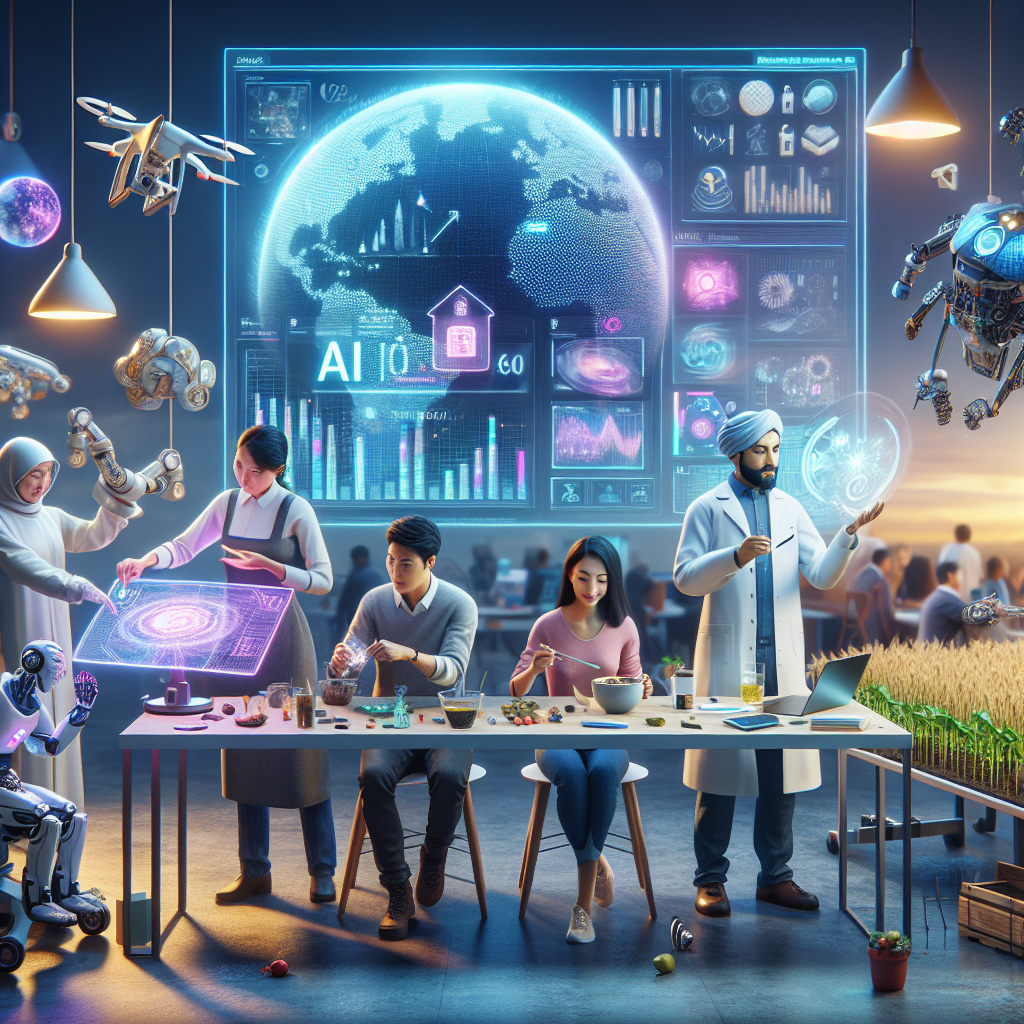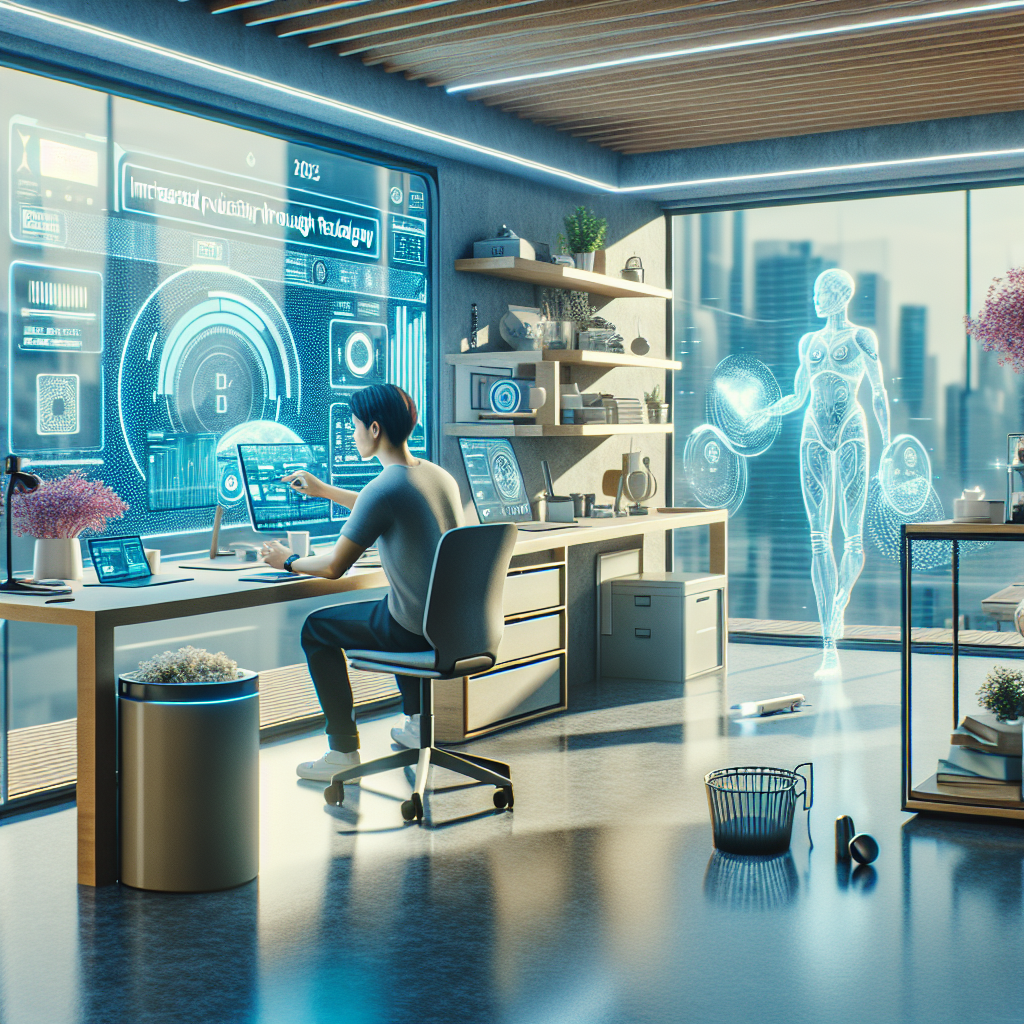The pace of change in technology continues to accelerate, and artificial intelligence (AI) stands at the forefront of this revolution. In 2025, the AI impact is becoming impossible to overlook across industries, economies, and daily life. From transforming how businesses operate to reshaping healthcare and education, AI is fundamentally altering the way we live and work. Understanding why AI is changing everything now is essential for individuals and organizations aiming to stay relevant and competitive in this fast-evolving landscape.
AI’s growing influence spans beyond simple automation; it is enabling smarter decision-making, personalized experiences, and new capabilities once thought to be science fiction. As AI systems advance, their integration into products and services grows deeper and more seamless. Whether you are a business leader, tech enthusiast, or curious learner, grasping the scale and scope of AI’s impact in 2025 will prepare you for the opportunities and challenges ahead.
The Expanding AI Impact in Business and Industry
AI is revolutionizing the way businesses function by improving efficiency, reducing costs, and unlocking new revenue streams. Companies across sectors embrace AI-powered tools to enhance operations and better serve customers.
AI-Driven Automation and Productivity Gains
Automation has long been associated with robotics on factory floors, but AI takes automation to an entirely new level. Intelligent systems now manage tasks that require cognitive skills, such as customer service chatbots, automated data analysis, and supply chain optimization.
– AI algorithms can analyze vast datasets quickly, uncovering trends and insights invisible to human analysts.
– Robotic Process Automation (RPA) combined with AI handles repetitive tasks, freeing employees to focus on strategic work.
– AI-powered predictive maintenance prevents costly equipment breakdowns by forecasting failures before they occur.
According to a 2024 McKinsey report, AI adoption could raise global productivity by 1.2% annually, representing trillions of dollars in economic value. These gains empower businesses to accelerate innovation, improve product quality, and deliver enhanced customer experiences.
Transforming Customer Engagement Through AI
Personalization and customer engagement are key factors in business success today, and AI plays a pivotal role in elevating these experiences. AI-driven analytics and recommendation engines allow companies to target customers with tailored offerings and communications.
– Retailers use AI to analyze browsing and purchase history, showing personalized product suggestions that increase sales conversions.
– AI chatbots and virtual assistants offer real-time support, improving customer satisfaction by providing immediate responses.
– Financial institutions employ AI for fraud detection and to customize financial product recommendations.
This level of sophistication in understanding customer preferences leads to loyal, long-term relationships and a strong competitive edge.
Healthcare Innovation Enabled by AI
The healthcare sector exemplifies how AI impact reaches beyond business efficiency into saving lives and improving well-being. AI technologies assist healthcare providers in diagnosis, treatment planning, and patient monitoring.
Enhancing Medical Diagnostics
– AI models analyze medical images with high accuracy, aiding early detection of conditions like cancer, diabetic retinopathy, and cardiovascular disease.
– Natural Language Processing (NLP) scans clinical notes and research documents, helping doctors stay up to date with the latest medical knowledge.
– Predictive analytics anticipate patient risks, enabling preemptive interventions.
Personalized Treatment and Drug Discovery
AI accelerates drug discovery by simulating chemical interactions and identifying promising compounds faster than traditional methods. Precision medicine tailors treatment plans to an individual’s genetic makeup and lifestyle, improving outcomes.
For example, AI-powered platforms have reduced drug discovery timelines by up to 50%, bringing new therapies to market faster and at lower costs.
The Role of AI in Education and Skill Development
AI is reshaping education by enabling personalized learning experiences that adapt to students’ pace and style. This helps close skill gaps and prepares learners for the future workforce.
Adaptive Learning Technologies
– AI systems assess individual strengths and weaknesses, customizing content and difficulty accordingly.
– Virtual tutors provide targeted support and instant feedback to improve comprehension.
– Learning analytics help educators identify at-risk students and intervene early.
Workforce Reskilling Powered by AI
As AI replaces some job tasks, reskilling becomes critical. AI-driven platforms guide learners through skill development mapped to evolving job market needs. This proactive approach ensures career resilience and mobility.
Ethical Considerations and Responsible AI Deployment
With AI’s growing influence comes responsibility to address ethical challenges and ensure positive societal impact. Issues such as bias, privacy, and transparency need careful management.
Mitigating Bias in AI Systems
AI models can inherit biases from their training data, leading to unfair outcomes. It is essential to use diverse datasets, continual monitoring, and human oversight.
Protecting User Privacy
Balancing data usage with privacy rights requires clear policies and advanced encryption methods. Regulations like GDPR provide groundwork but ongoing vigilance is necessary.
Transparency and Explainability
AI decisions should be understandable and explainable to users and regulators. Developing interpretable AI models fosters trust and accountability.
Navigating these ethical complexities is crucial as AI impact deepens in every domain.
Preparing for the AI-Driven Future
To harness the full potential of AI in 2025 and beyond, individuals and organizations must adopt a forward-thinking mindset. Embracing lifelong learning, investing in AI technologies, and fostering collaboration between humans and machines will drive success.
Key steps include:
– Upskilling employees to work alongside AI tools.
– Integrating AI into core business strategies thoughtfully.
– Staying informed about AI developments and best practices.
– Encouraging innovation through experimentation with AI applications.
By proactively engaging with AI, you can transform challenges into competitive advantages.
The AI impact in 2025 is undeniable and pervasive. Its ability to enhance productivity, personalize experiences, innovate healthcare, and revolutionize education marks it as a game-changing force. Recognizing this shift early and adapting accordingly will be the difference between leading the future or being left behind.
Take the next step toward understanding and leveraging AI by connecting with experts who can guide your transformation journey. Explore how tailored AI solutions can unlock new possibilities for your business and career by visiting https://automatizacionesaiscend.com today. Don’t wait to be impacted by AI — choose to shape its impact on your future.



